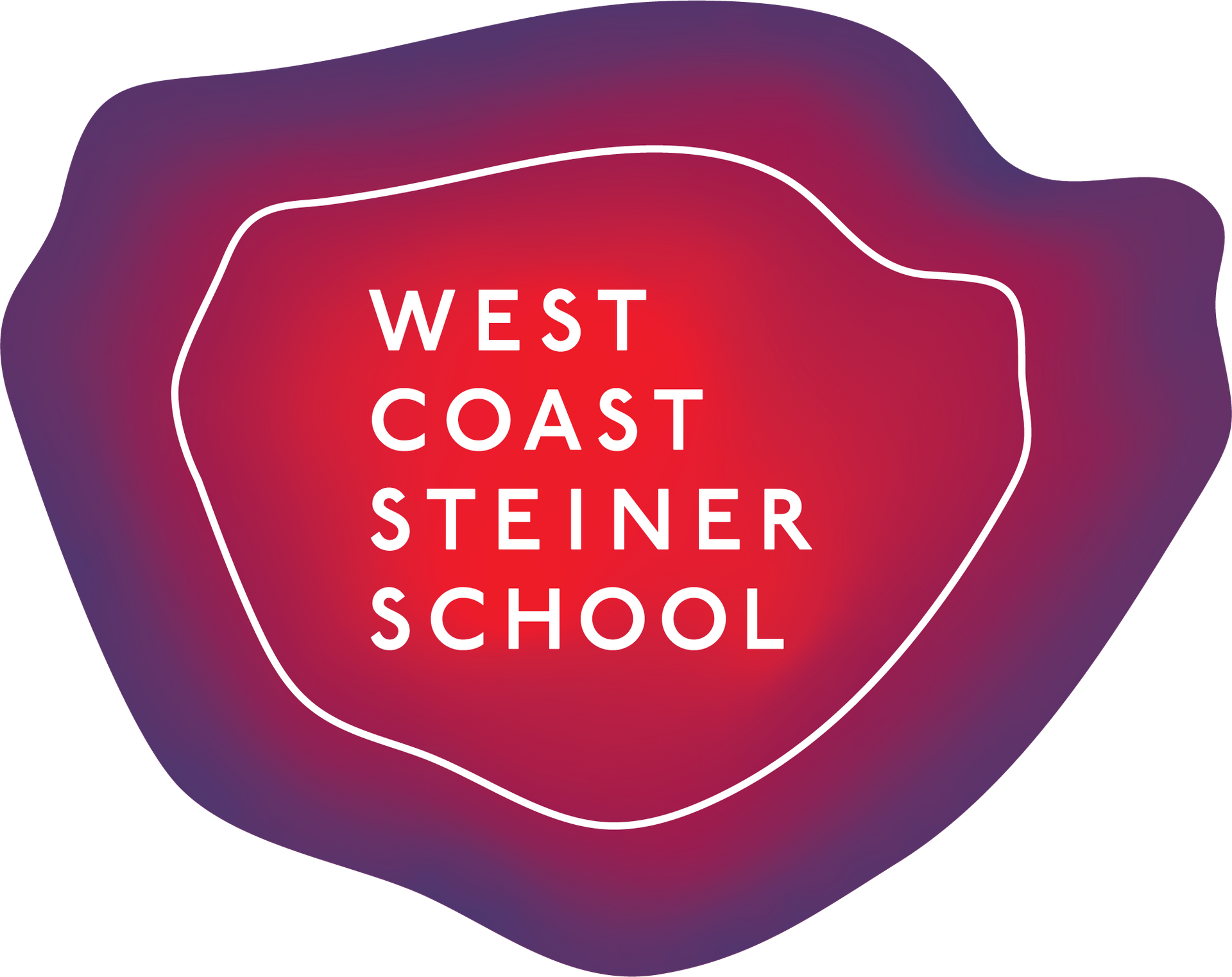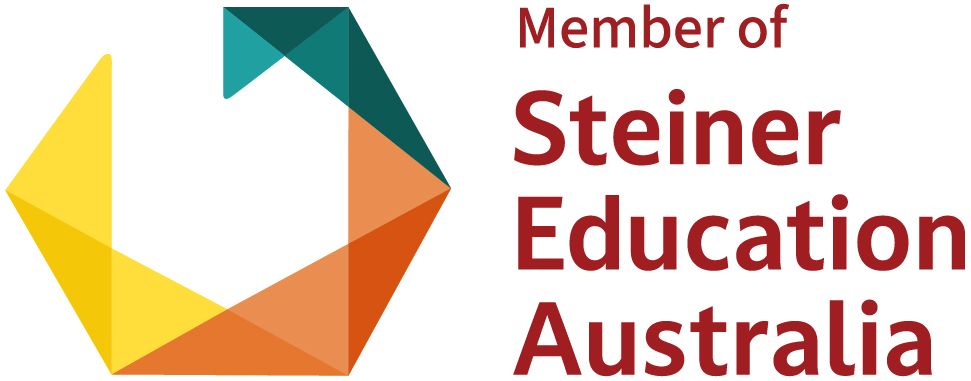ABN: 55 173 177 370
About Steiner Education
From Steiner Education Australia
A Steiner education fosters the human spirit in children and young adults, allowing them to flourish in a holistic learning environment that is oriented towards moral growth, social consciousness and citizenship.
Typically located in beautiful surrounds, our schools seek to nurture each individual and connect them to the reverence and awe of the natural environment, one another, and the world around them.
Schools are grounded in working artistically, spiritually, practically and intellectually. As well as being integrated, the curriculum is broadly based, interdisciplinary and culturally rich.
We cherish the right of children to childhood – and this is reflected in the staging of the Australian Steiner Curriculum which is recognised by ACARA.
In early learning, we nurture a child’s development by facilitating creative, self-directed play, as we believe that the initiative, imagination and flexibility awakened underpin later academic learning and are the basis for innovative thought in adult life.
In primary school, the core approach is through artistic presentation of material by the class teacher which promotes engagement, inspires deep learning and supports developing imaginations.
In secondary school, we develop students’ awakening capacity for discernment by fostering initiative and independent, flexible thinking.
Teaching is based on supportive and close relationships with teachers and strong, lifelong bonds between students.
The values underpinning our education are gratitude, responsibility, collaboration, inclusivity, diversity and initiative. These are drawn from spirituality, engender self-worth, enrich relationships and develop a deep appreciation of our place in this world.
Steiner philosophy had its genesis in 1919 in Europe, as Austrian philosopher and social reformer Rudolf Steiner recognised the need for education to enable children to become free and autonomous human beings, able to impart purpose and direction in their lives.
Now, more than ever before, Steiner education is recognised as a highly valued approach to develop flexible and agile thinking and an ability to collaborate and thrive in a 21st Century world.
Gonski 2.0 highlighted the need for a contemporary education to emphasise critical and creative thinking, social skills and problem solving – delivering a deep sense of purpose, connectivity and agency to enact change. These are the hallmarks of a Steiner education.
Our approach sets students up for a life of contribution and achievement, fulfilment and success, and gives them the confidence and capability to forge their own paths as free, morally responsible and resilient people.
A 2018 survey of parents showed 87% of parents are satisfied with choosing a Steiner school – one of the highest levels of satisfaction amongst parents in any educational system.
Students spoke passionately about being happy and fulfilled and having strong relationships with their teachers and fellow students.
Across the globe, Steiner education is recognised by the United Nations Educational, Scientific and Cultural Organisation (UNESCO) as providing a strong humanitarian and non-discriminatory approach crossing racial and cultural divides.
Steiner Education Australia (SEA) exists to support and strengthen Steiner education across the Asia Pacific and to ensure Steiner education is accessible to all Australians. We tap into a network of over 1,000 Steiner schools across the globe including over 50 in Australia. Never before have we seen so many Steiner Schools or students in Australia which is a testament to the approach and outcomes of our schooling.

